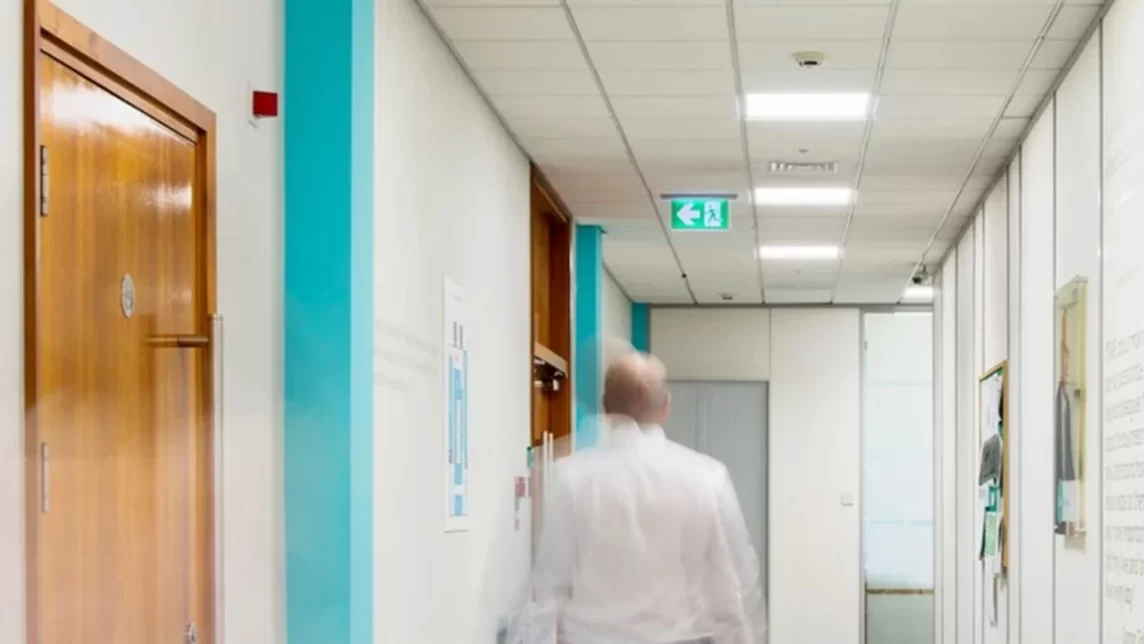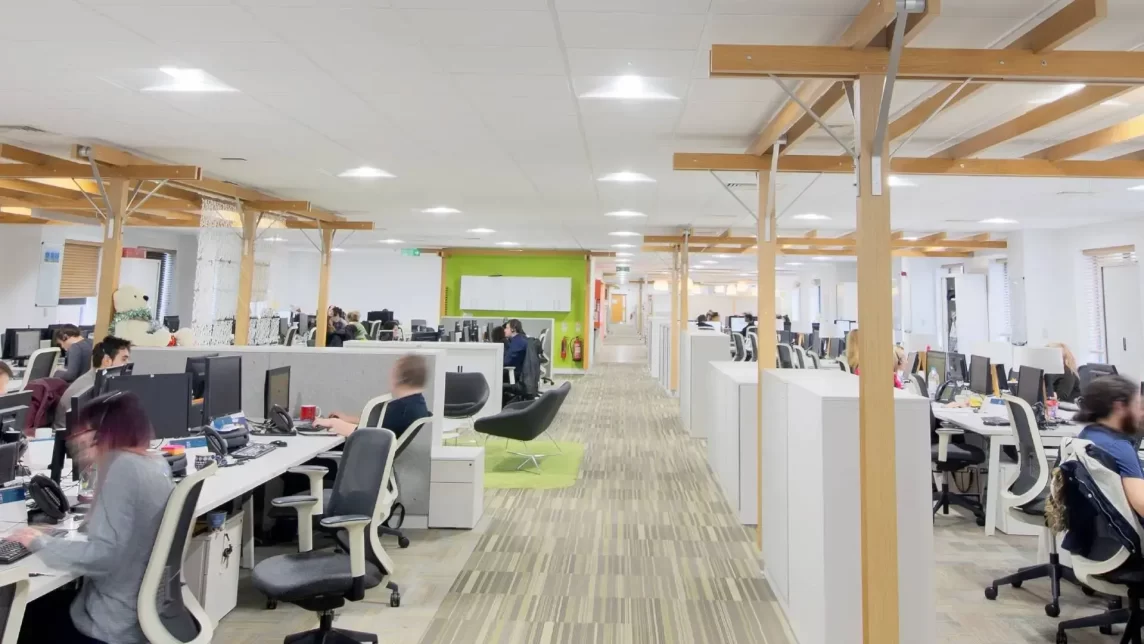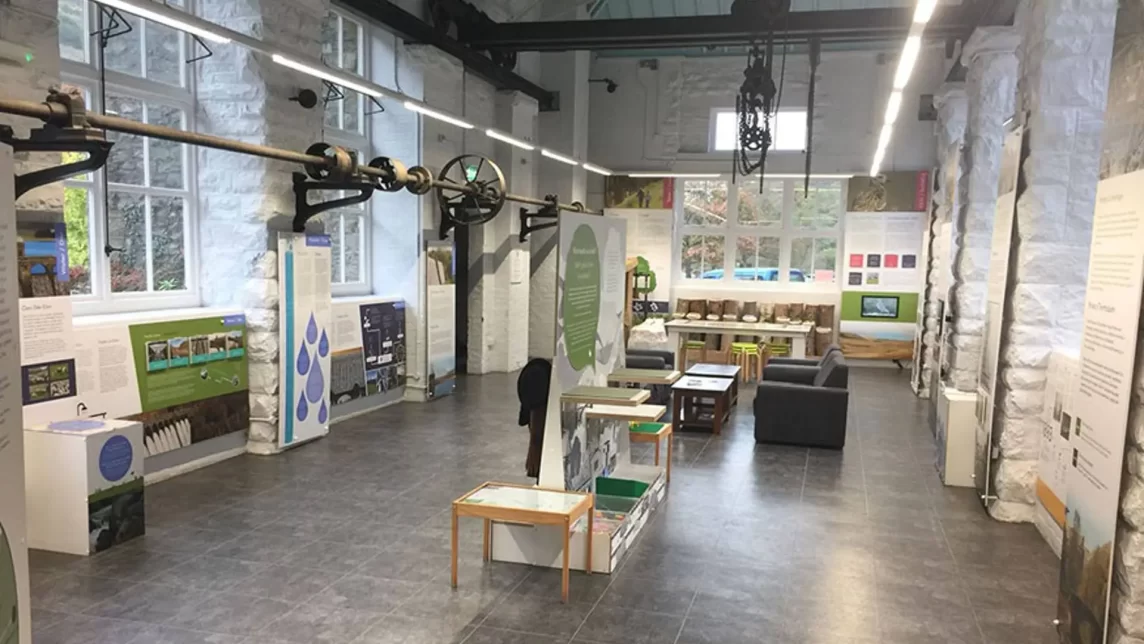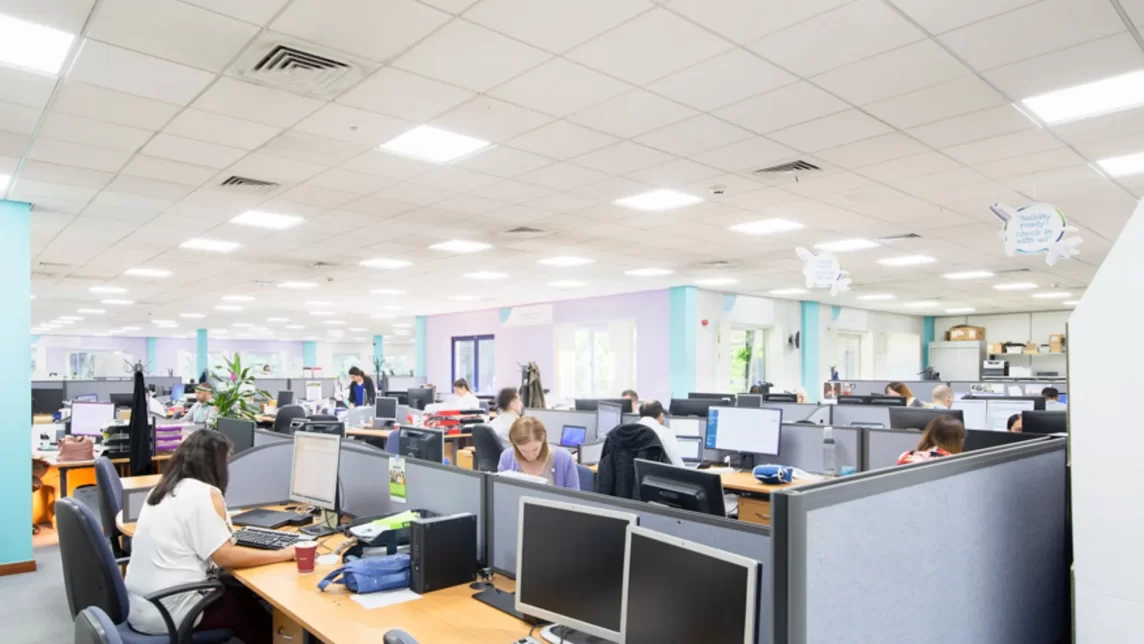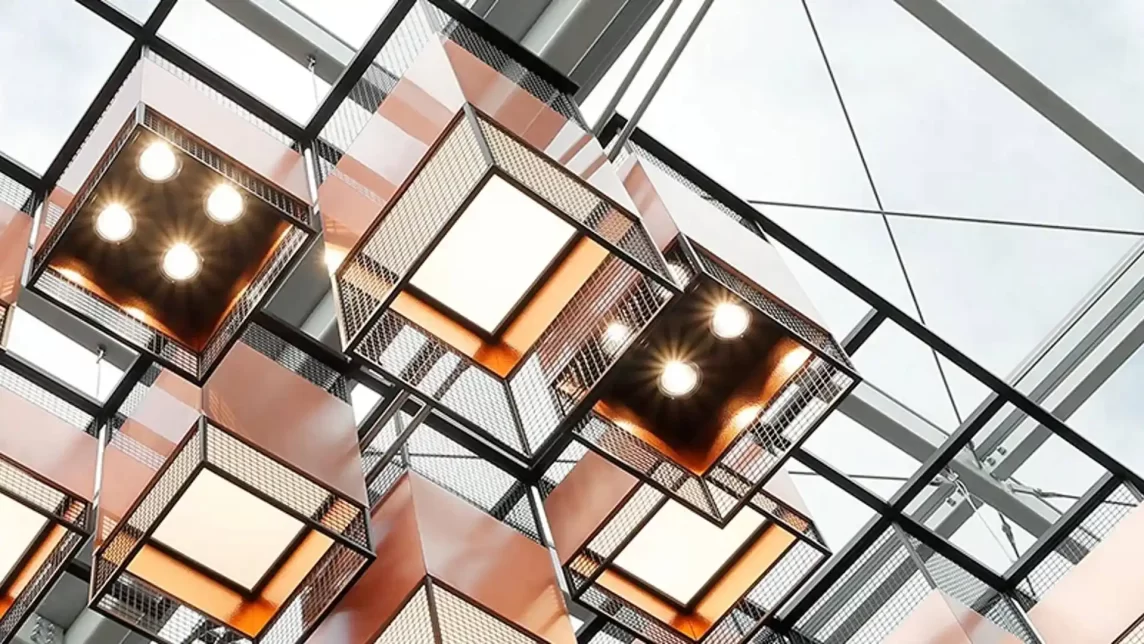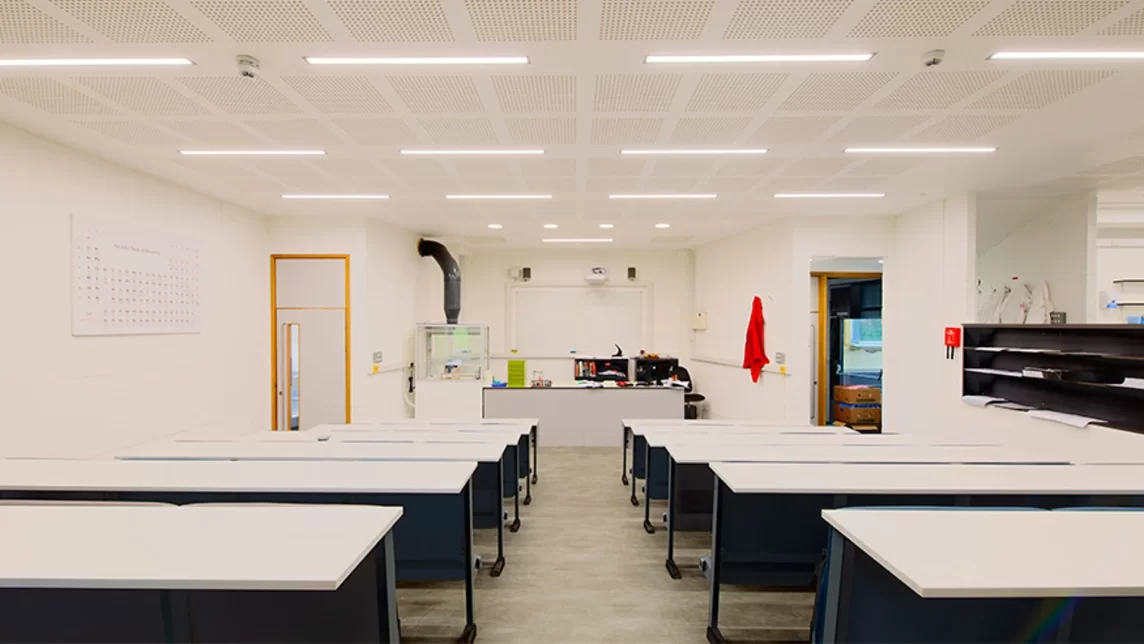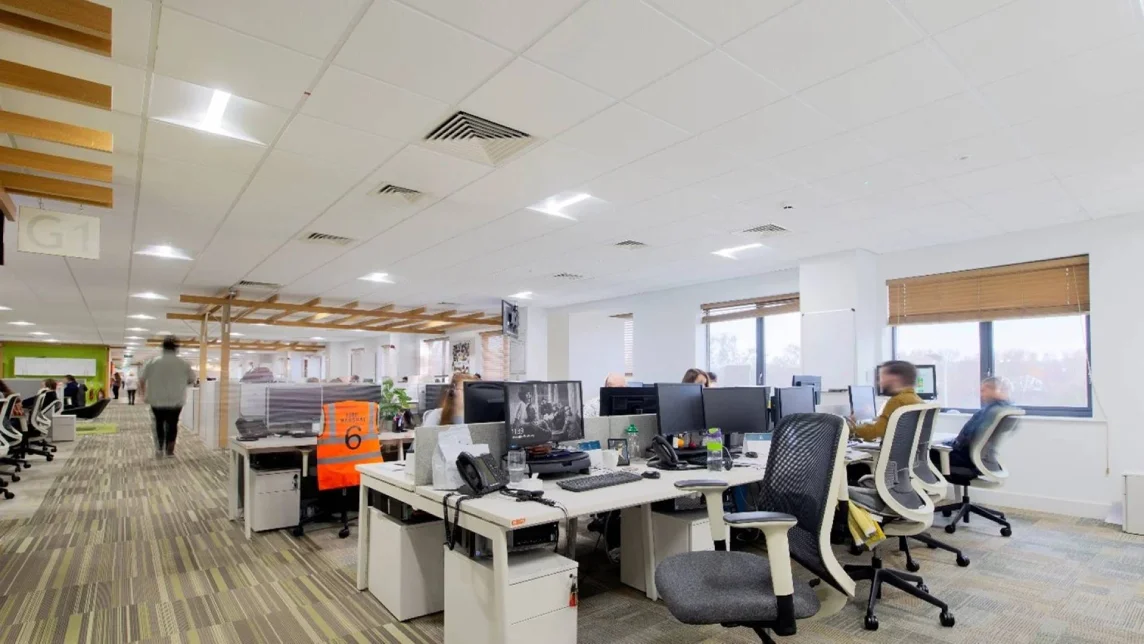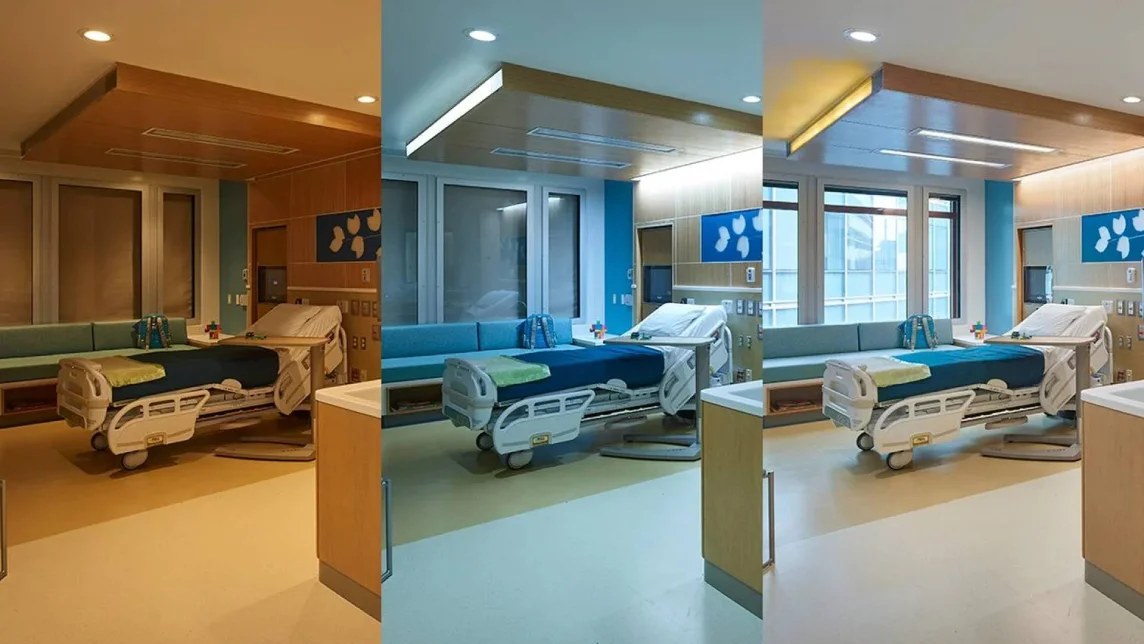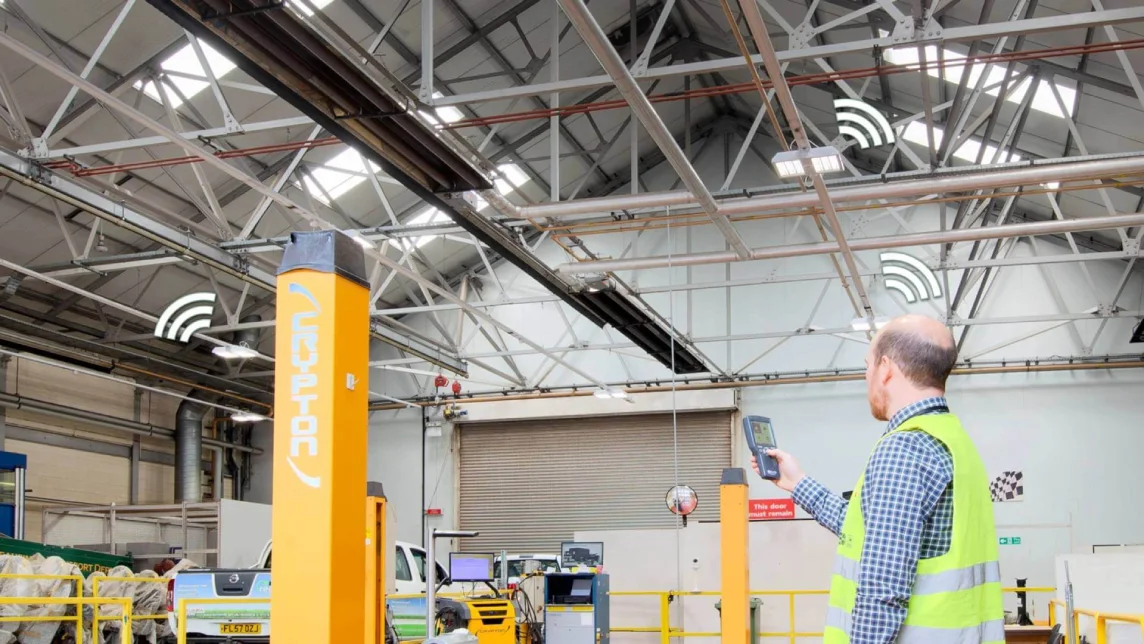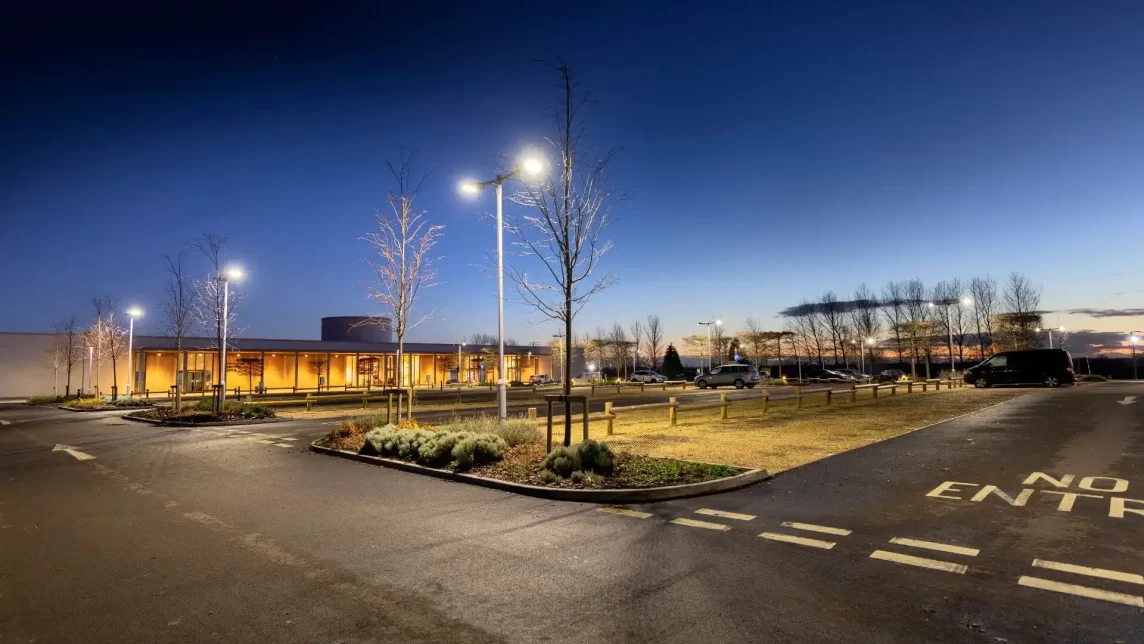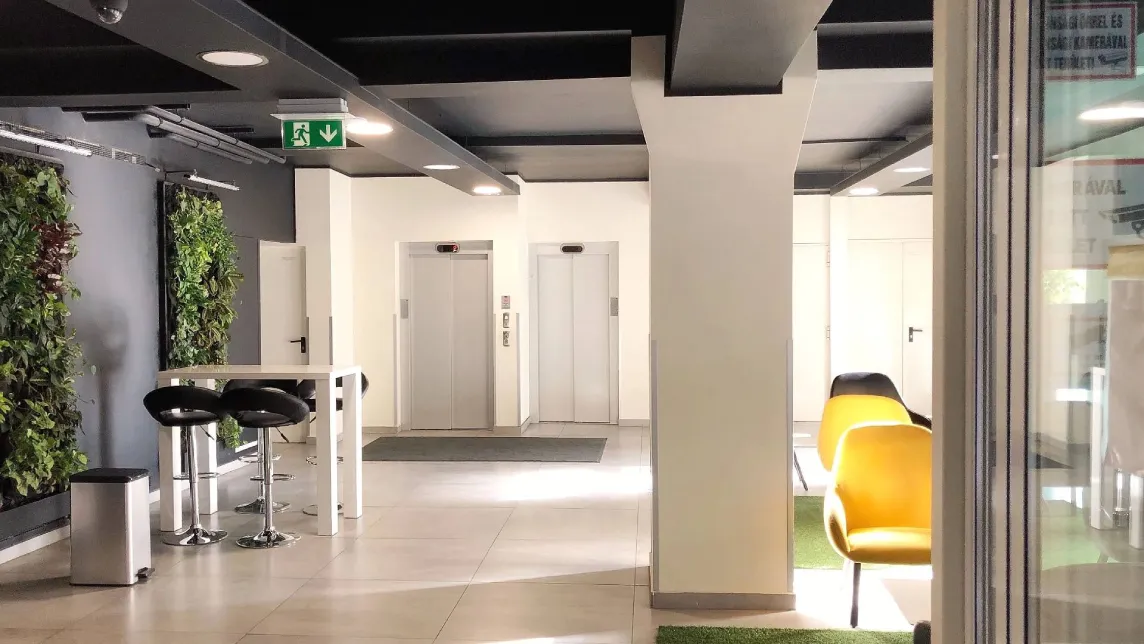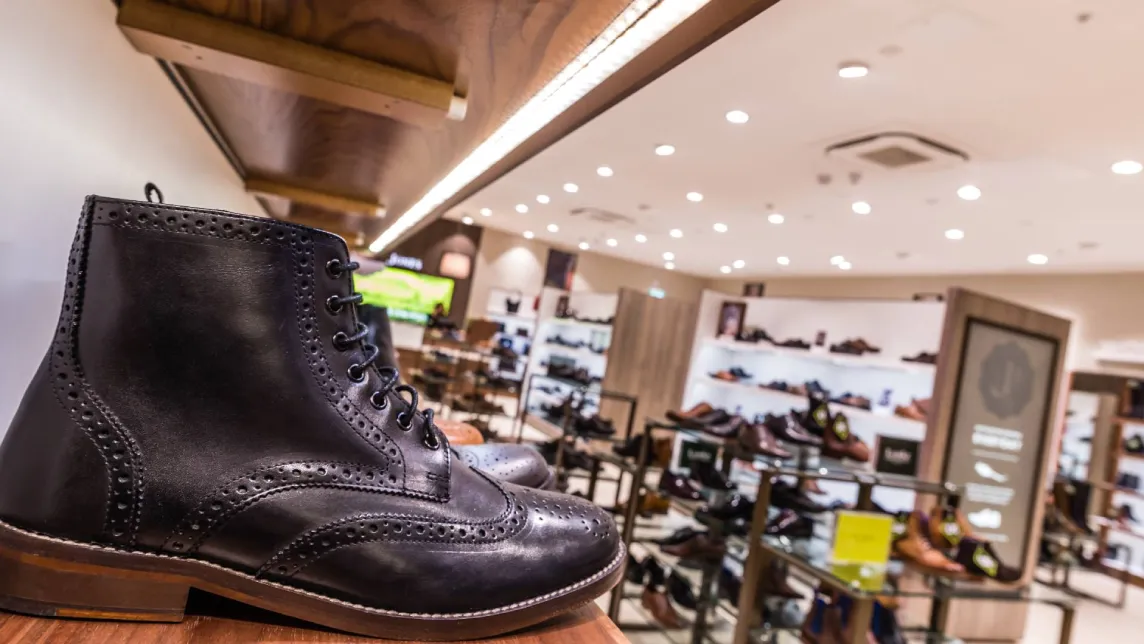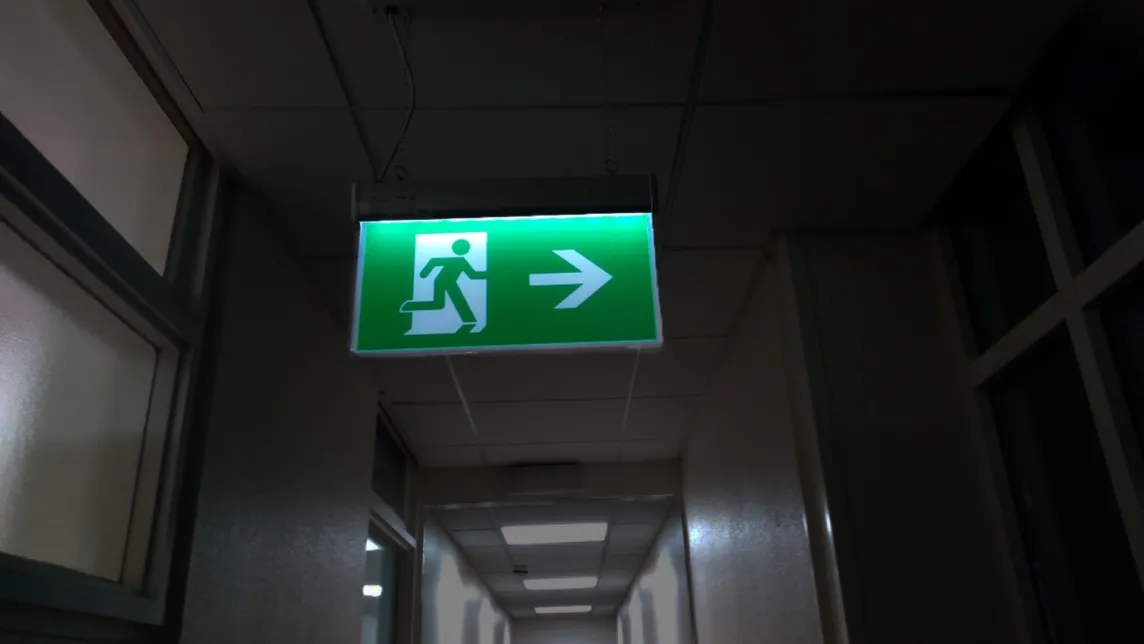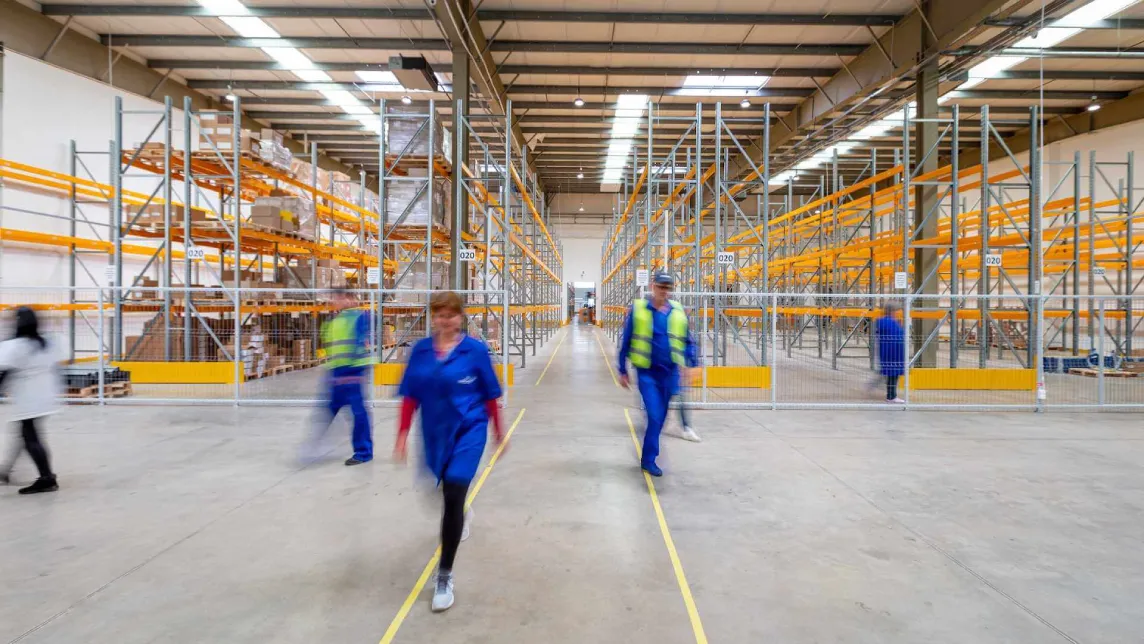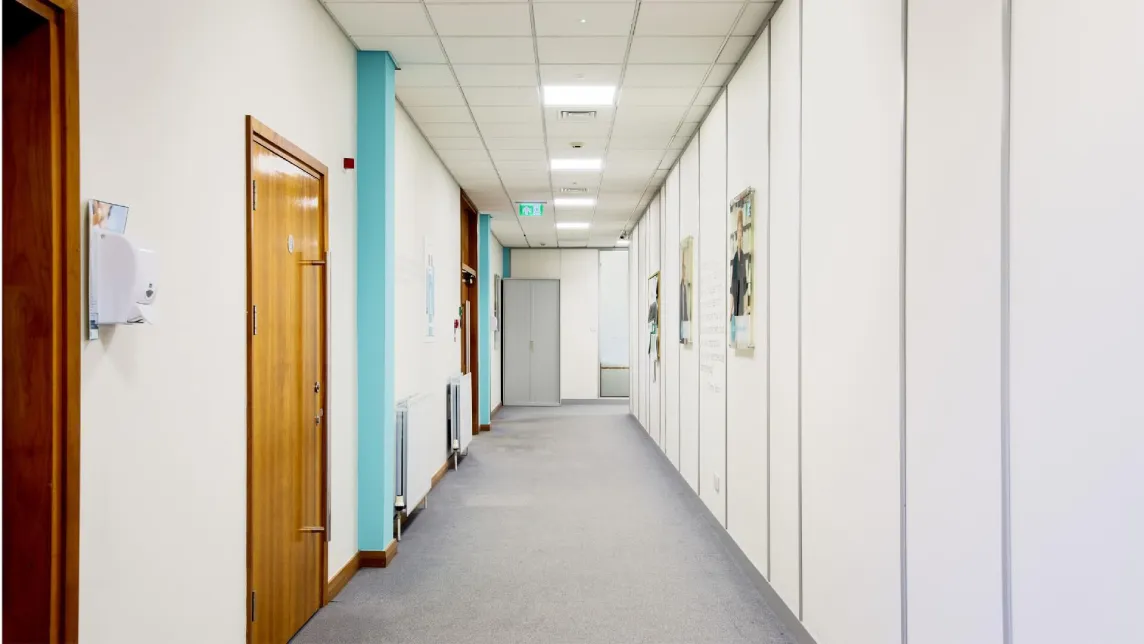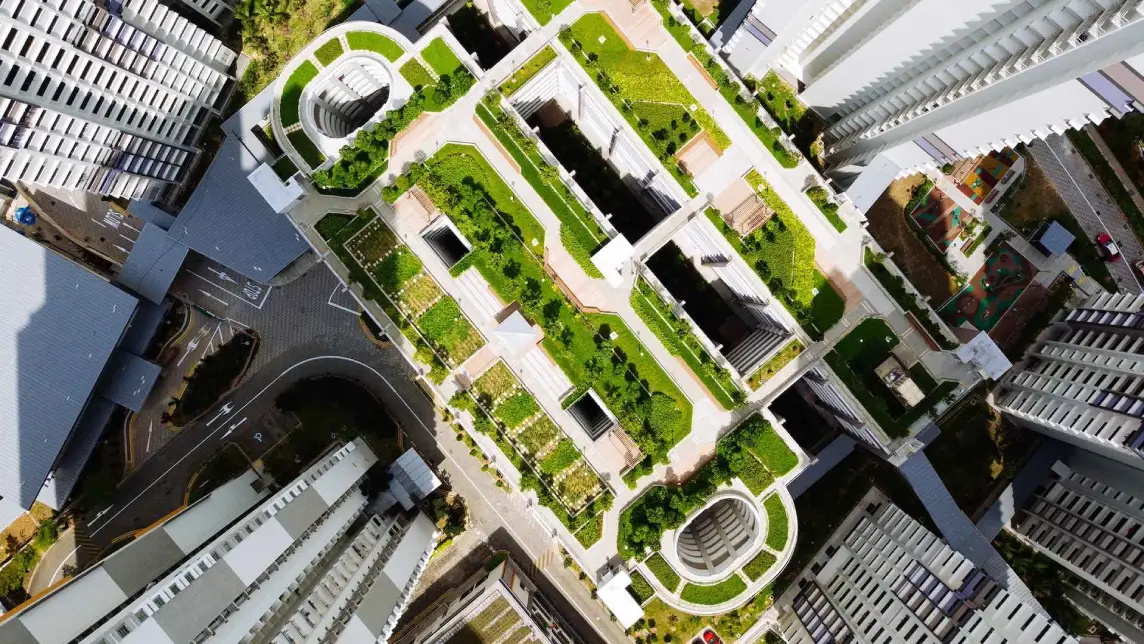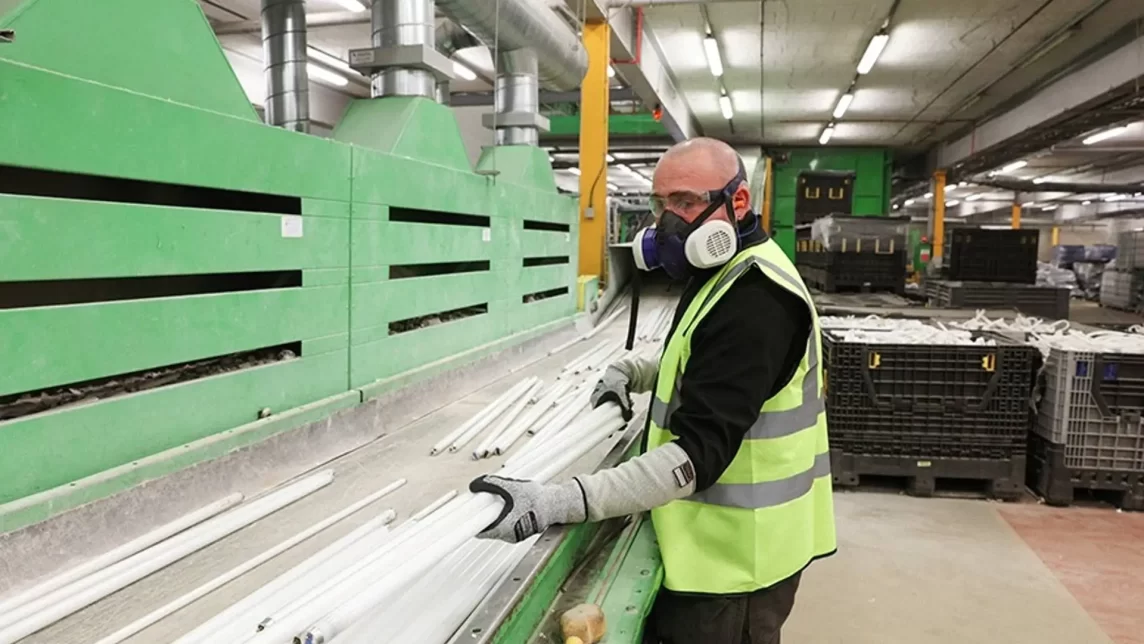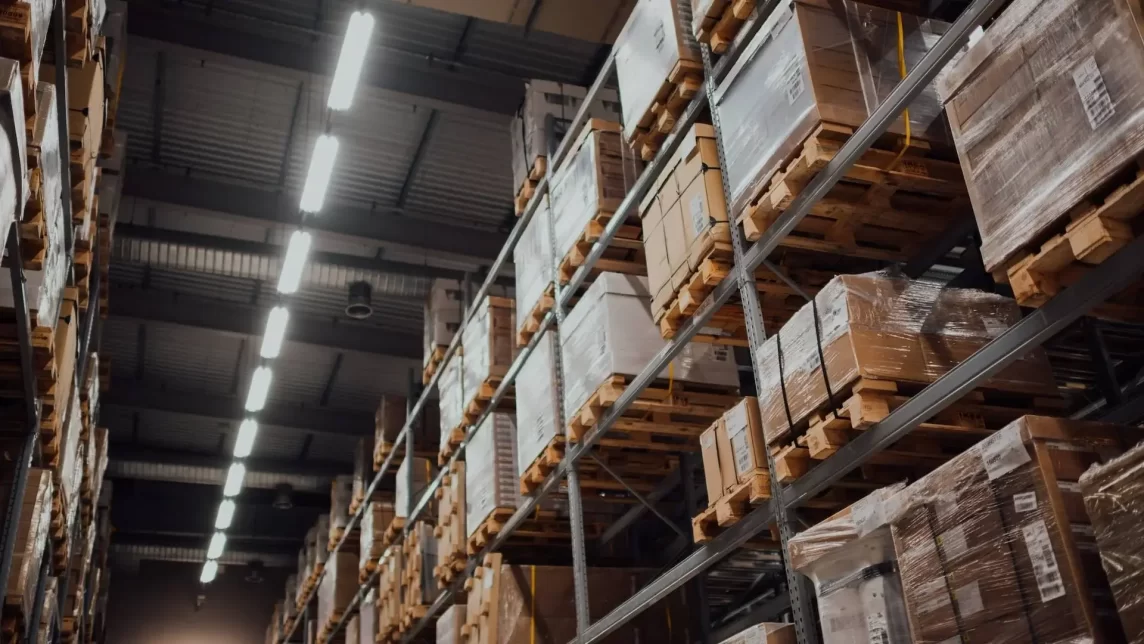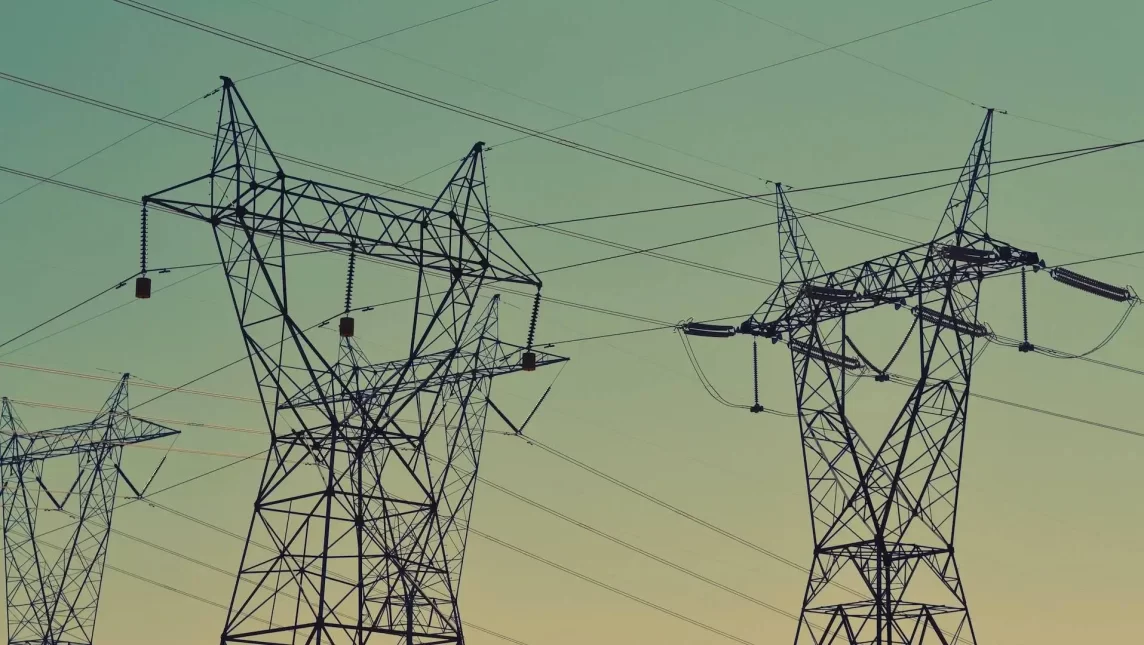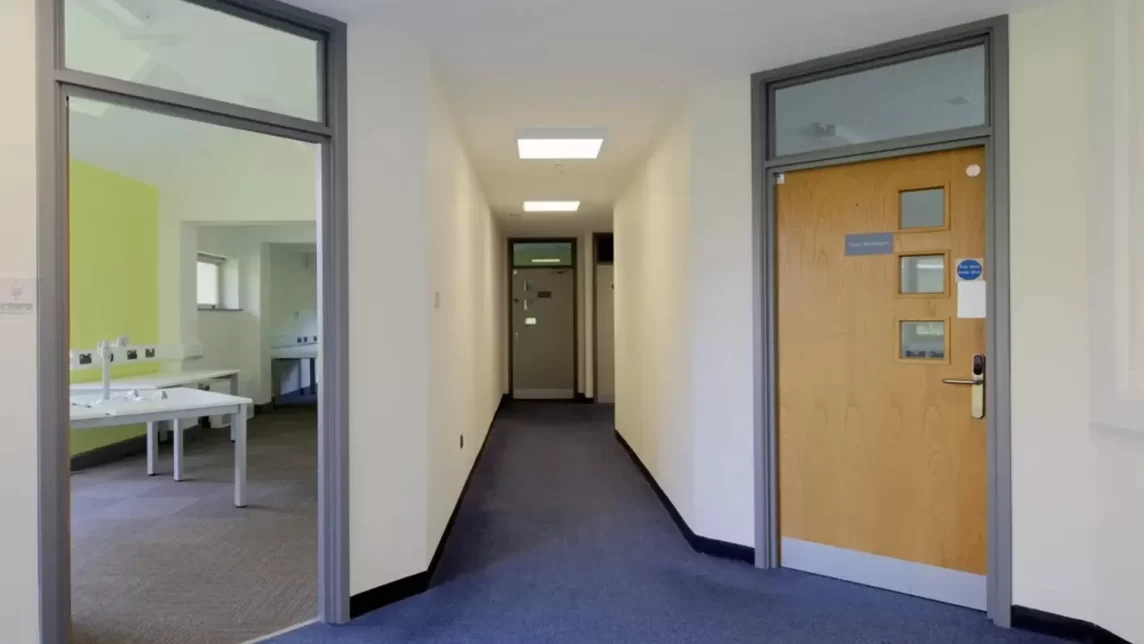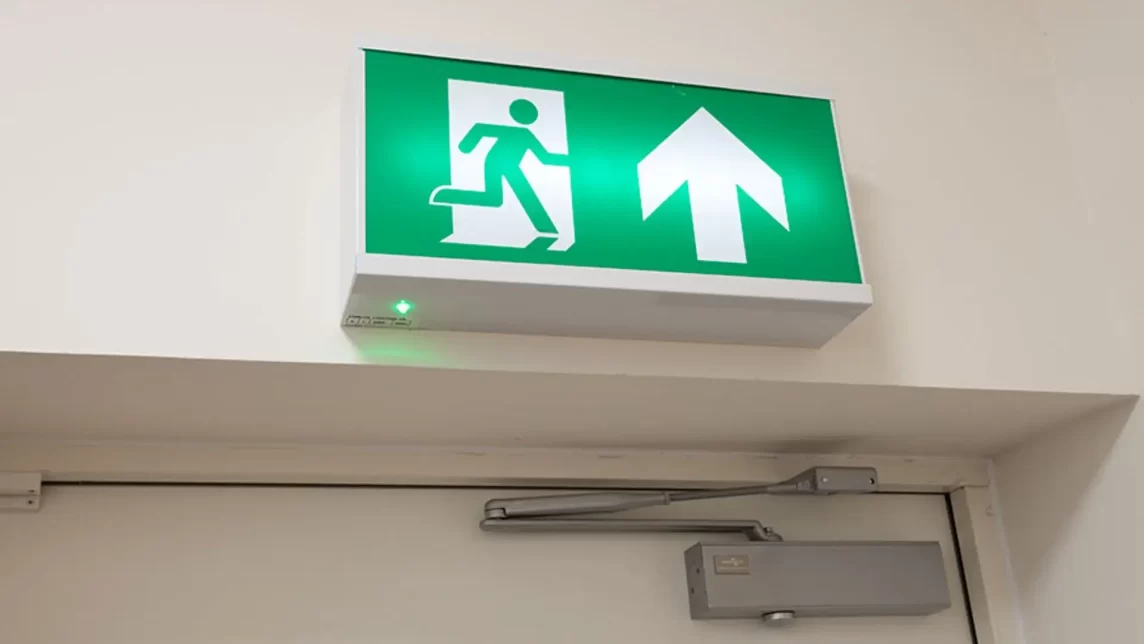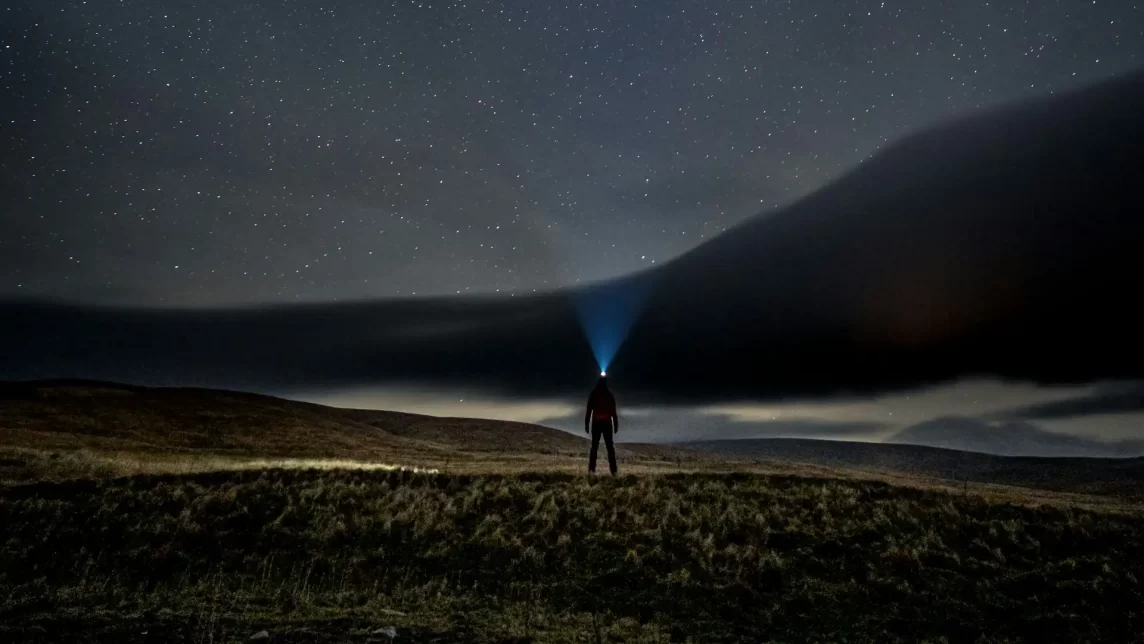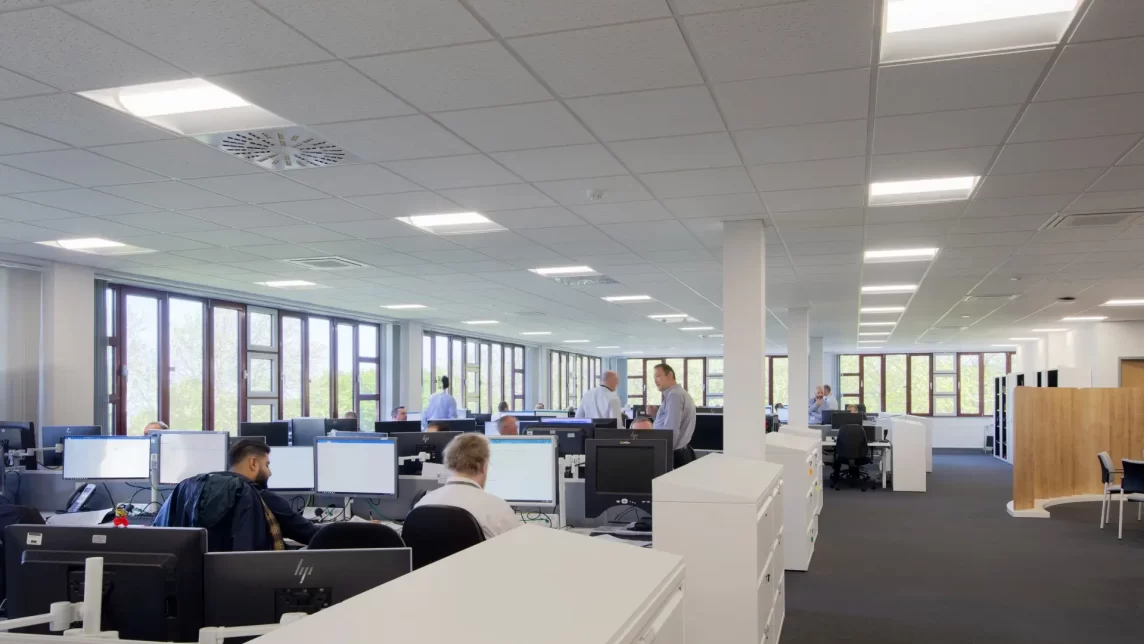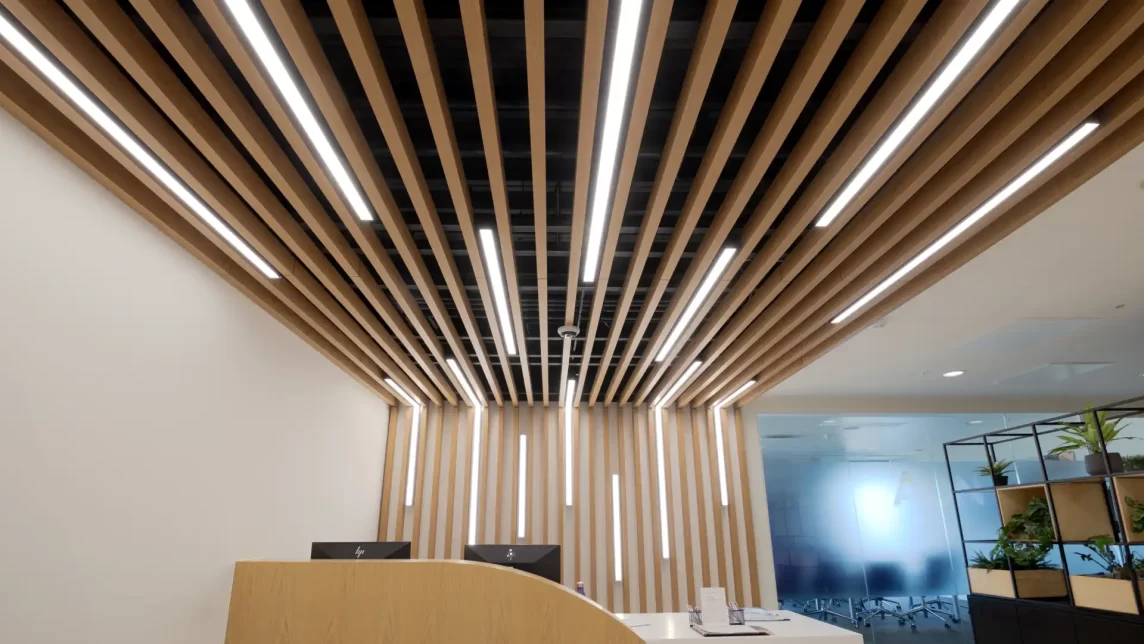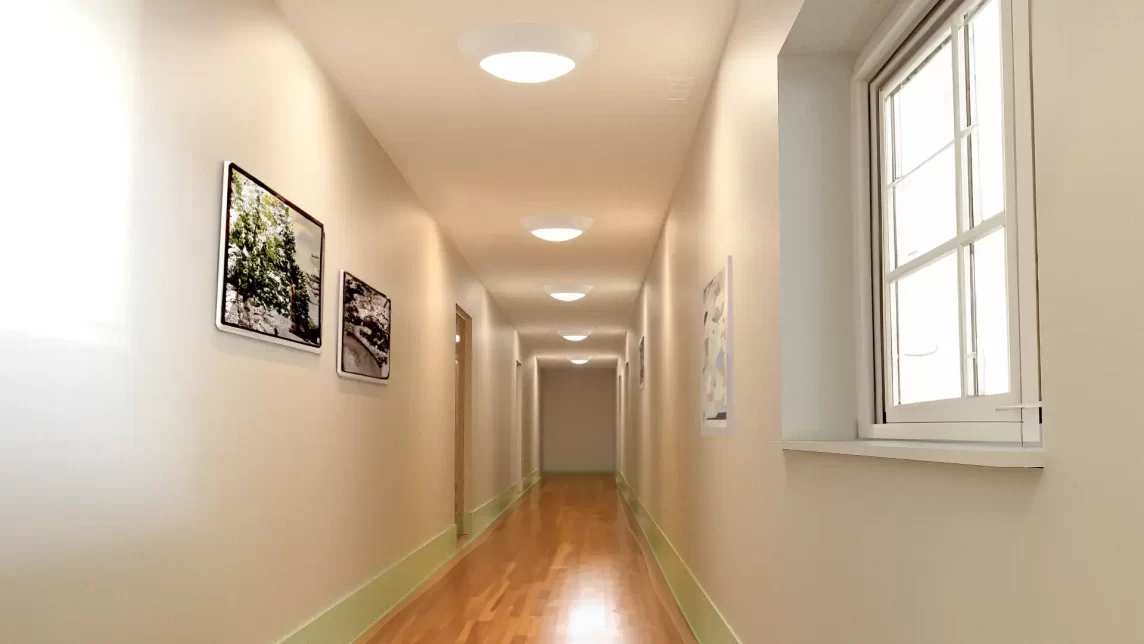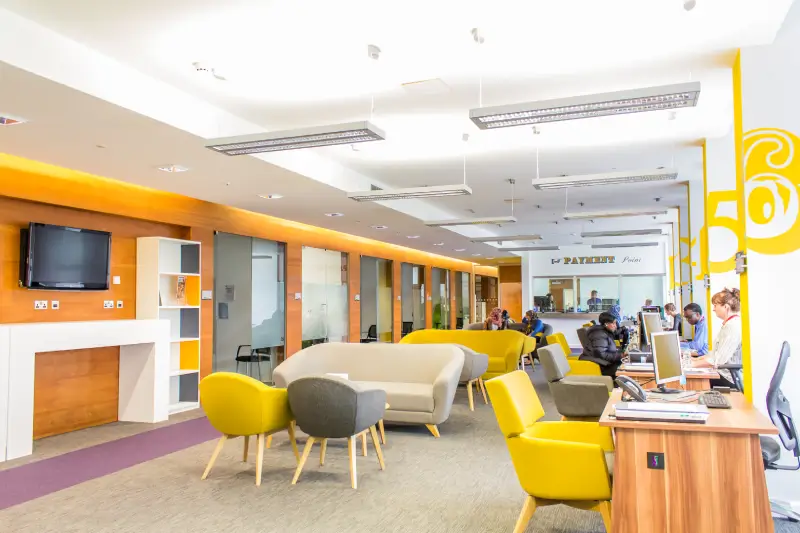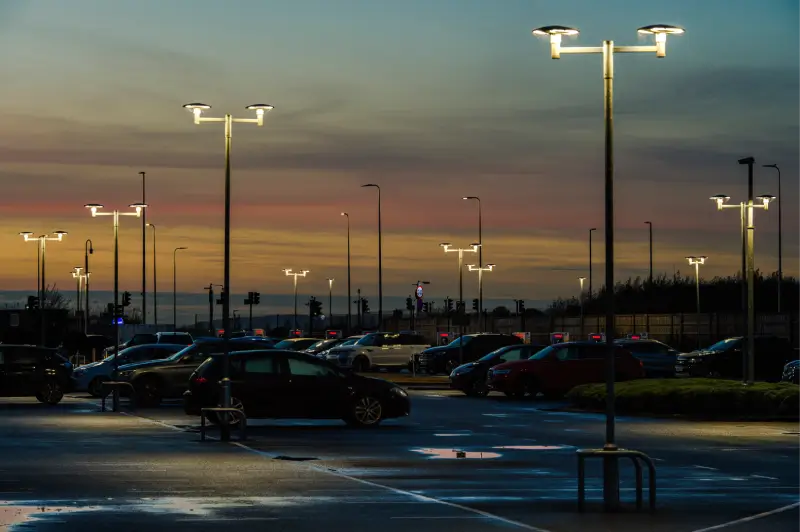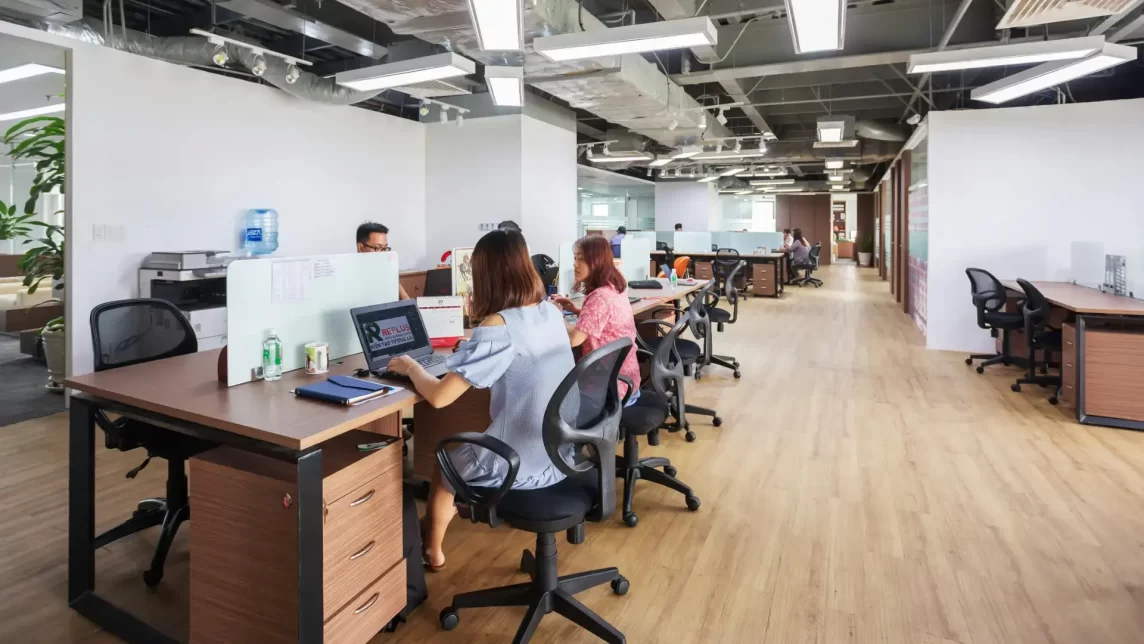
New research from Knight Frank emphasises that installing LED lighting with smart controls is a crucial, cost-effective strategy for improving the Energy Performance Certificate (EPC) ratings of office buildings.
The report, Meeting the Commercial Property Retrofit Challenge, examines how the commercial property sector is adapting to the urgent need for retrofitting buildings. With around 70% of UK commercial floor space currently rated EPC C or below, there is a risk of these properties becoming unlettable if new regulations raise the Minimum Energy Efficiency Standard (MEES) to an EPC B by 2030
Key Insights on LED Lighting and Smart Controls
Knight Frank’s report underscores the key role of LED lighting in transforming the energy performance of office buildings:
- LED Lighting as a Contributor to Energy Efficiency: Among buildings that achieved an upgrade from EPC E to EPC B, 65% had installed LED lighting with smart controls. This solution was more prevalent than other retrofitting options, such as replacing gas-fired boilers with air-source heat pumps, which only appeared in 36% of the upgraded buildings. In addition to reducing energy consumption, smart operated LED lighting also supports intelligent building management by responding dynamically to occupancy and daylight levels.
- Cost-Effective Decarbonisation: LED lighting upgrades, especially when paired with smart controls, are among the less capital-intensive interventions for enhancing EPC ratings. Furthermore, this approach doesn’t require the building to be vacant, making it a practical option for property managers seeking to improve energy performance without disrupting operations.
- Accelerating Demand for Efficient Properties: With sustainability regulations intensifying, the risk of property obsolescence is increasing. LED lighting upgrades are part of a broader strategy to preserve property value and meet market demand for high-efficiency spaces. In 2023, nearly half of office transactions across major UK cities were for properties rated EPC A or B, signalling strong demand for efficient buildings.
Bridging the Efficiency Gap with Tamlite Lighting
As one of the UK’s leading manufacturers of sustainable lighting, Tamlite Lighting is at the forefront of energy-efficient solutions for the commercial property sector. Our innovative LED systems are engineered to meet the evolving energy performance requirements of the sector, and support decarbonisation goals. Solutions include:
- Tailored LED Lighting Systems: Tamlite offers a wide range of LED lighting systems specifically designed for office workplaces, suitable for both retrofit and new build needs.
- Advanced Wireless Lighting Controls: Seamlessly integrate with building management systems to optimise energy usage and reduce operational costs.
- Sustainability-Focused Innovations: From remanufactured lighting systems to wireless controls, Tamlite ensures that every solution contributes to net-zero ambitions.
A Growing Market Imperative
Knight Frank’s report shows that office EPC ratings are steadily climbing, with an annual 8% increase in commercial floor space rated EPC B or higher since 2019.
However, this pace will need to accelerate to meet the UK government’s 2030 carbon reduction goals – and tightening MEES. Cities like Leeds are already experiencing a supply-demand gap for more energy efficient properties, highlighting the need for immediately actionable strategies to improve energy performance.
Tamlite Lighting’s lighting systems and wireless controls offer cost-effective solutions for bridging the energy efficiency gap for commercial property. As Knight Frank’s findings make clear, LED lighting solutions represent a relatively low-cost energy solution for both existing and new offices. Their use ensures compliance with evolving energy regulations while also satisfying increasing tenant demand for more sustainable workplaces.
- Explore Tamlite Lighting’s energy-efficient LED solutions to future-proof your office spaces and support compliance: Click here to find out more.




